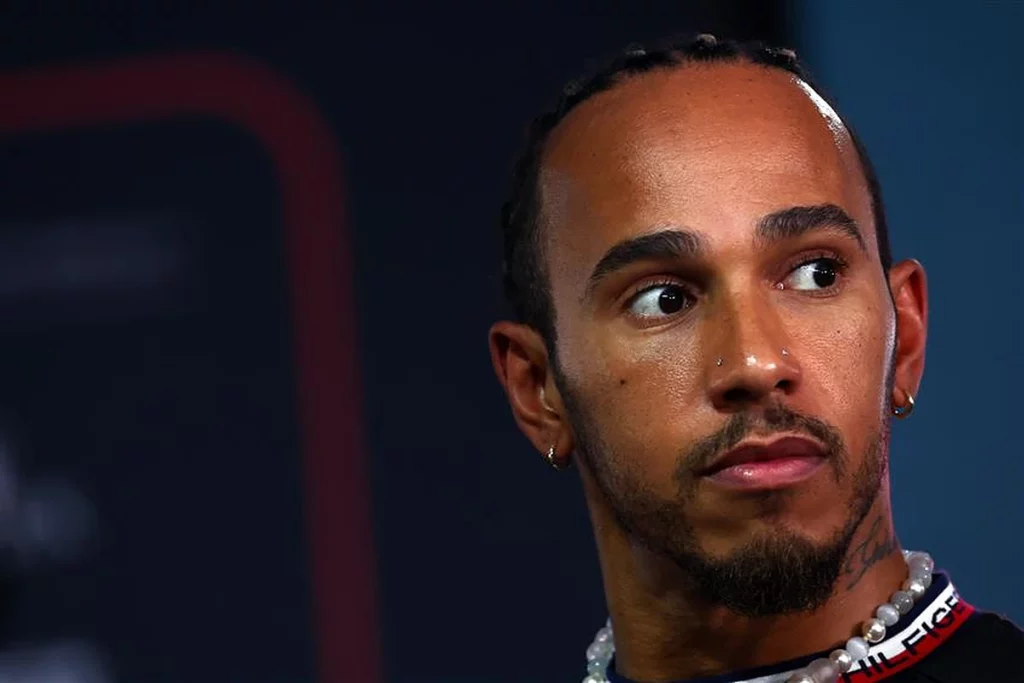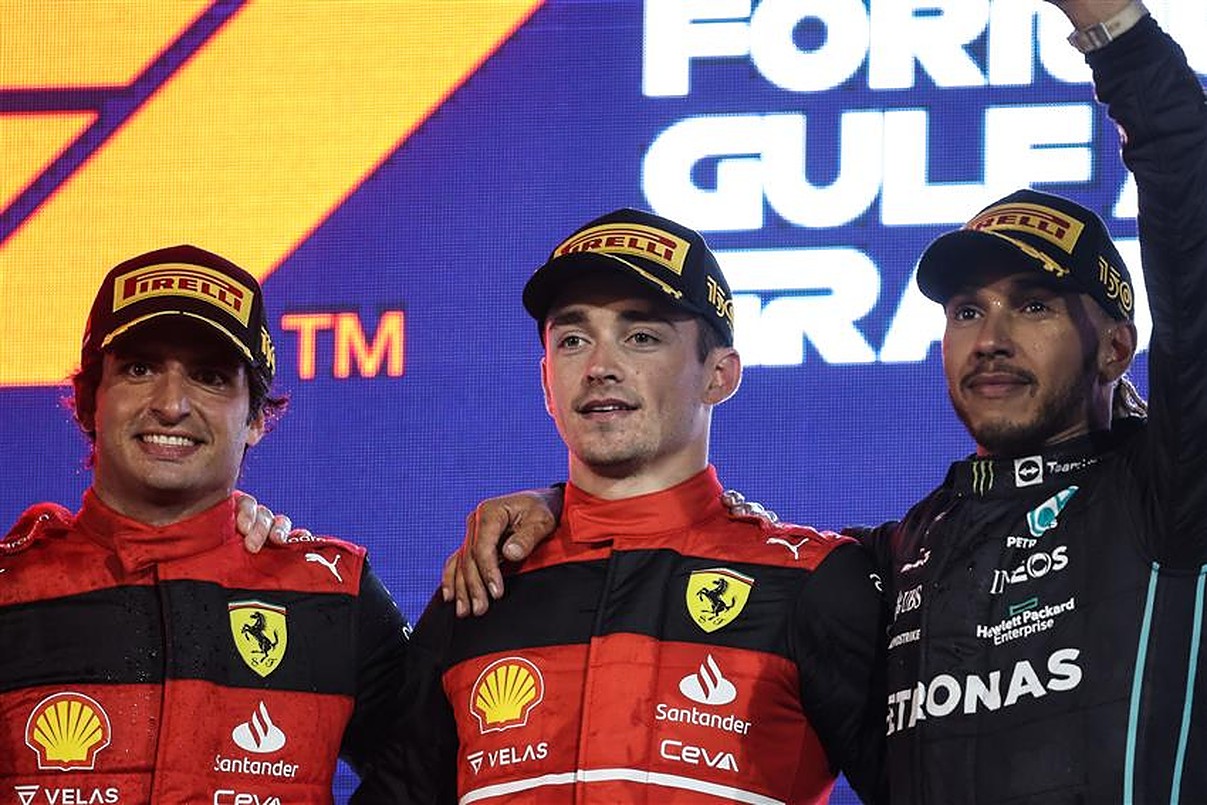Ferrari is set to disrupt traditional Formula 1 team strategies by not designating a clear ‘number 1’ driver for the 2025 season, despite the arrival of racing superstar Lewis Hamilton to partner with Charles Leclerc.
This unconventional move has caught the attention of racing icon Alain Prost, who expressed his reservations during a discussion on Servus TV.
Prost, familiar with the intricacies of F1 team dynamics, remarked on the usual practice of teams relying on a leading driver to champion their title aspirations.
Prost shared, “I have never been officially the first driver at a team – never,” adding that not pursuing such a status might have been an oversight on his part.

READ: Christian Horner makes ‘exaggerated’ in boost to F1 fans
He suggested that being the first driver could have potentially altered the outcomes of certain championship years in his favor, specifically mentioning his time at McLaren and Ferrari in 1990.
Highlighting historical precedents, Prost observed that legendary drivers like Ayrton Senna, Michael Schumacher, Lewis Hamilton, and Max Verstappen were always considered the primary drivers in their teams, a strategy that has proven successful over the last two decades.
Prost pointed out the particular significance of a leading driver at Ferrari, given the heightened pressures and political complexities inherent to the team.
He reminisced about his 1986 championship win, attributing part of his success to the lack of team orders between his rivals Nigel Mansell and Nelson Piquet at Williams, which played to his advantage.
Prost speculated on Ferrari’s current approach, suggesting that while a primary driver might not be necessary when the title is out of reach, having one becomes crucial for teams aiming for the championship.
READ: Max Verstappen’s dad warns Christian Horner will destroy Red Bull
Prost concluded with intrigue regarding Ferrari’s strategy with Hamilton and Leclerc, stating, “That will be very interesting.
“It will be very difficult for management, but on paper there will be no first driver, which is good for the sport anyway.”
This anticipation reflects the broader F1 community’s curiosity about how Ferrari’s plan will unfold and its impact on the sport’s competitive dynamics.

